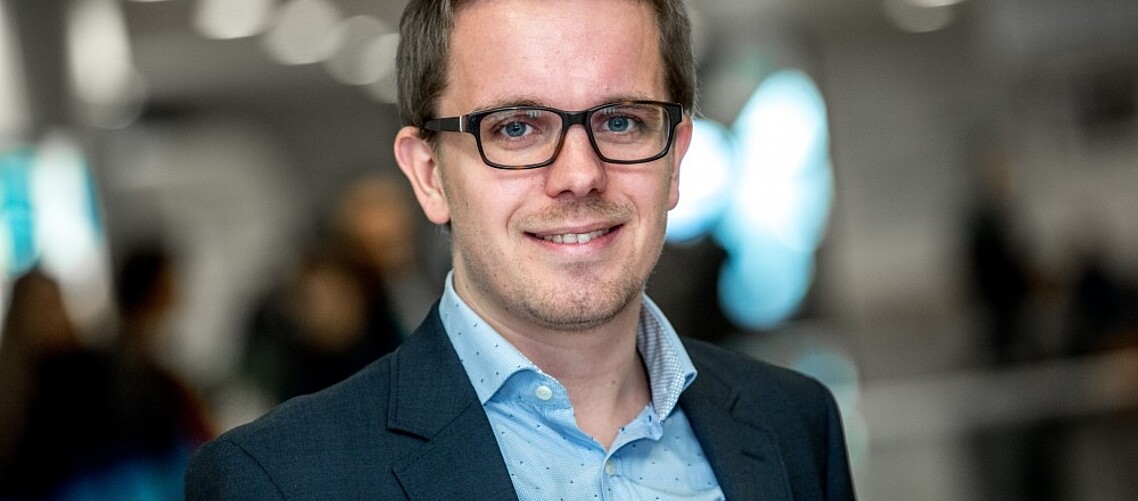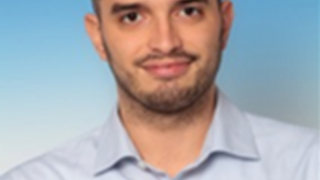The widespread provision of quantitative information is generally encouraged because it should allow for better-informed decisions. In contrast with this assumption, a growing research stream has found that individuals have great difficulty to make consistent decisions while relying on quantitative information. As such, the well-intentioned provision of quantitative information may be ineffective in improving individuals’ decisions.
Changing the metric
By using a combination of online, lab and field studies, Dr Lembregts’ project will investigate how changing the metric in which quantitative information is specified may enhance the understanding of quantitative information, and how it could improve decision quality and delineate conditions under which it is effective.
“For theory, this research project will be among the first to turn attention to how individuals’ understanding of quantitative information and decision-making can be improved,” Lembregts says. “For practice, it will provide policy makers with an easy-to-implement, yet relevant intervention that is applicable to all domains involving quantitative decision making.”
Veni grants
“I’m thrilled that NWO recognised the importance of these challenges and decided to fund my future investigations into them,” said Lembregts. “It’s a great honour to receive this award.”
Veni grants are awarded to promising researchers up to three years after completing their doctoral thesis, and can fund up to three years of work to develop ideas and gather data. The maximum grant is €250,000 per researcher. The 2016 Veni grant is the third in three years’ time to be been awarded to a faculty member of RSM’s Department of Marketing Management. The other two were for Dr Monika Lisjak’s compensatory consumption research, and for Dr Gabriele Paolacci’s investigation on the quality of online research.

